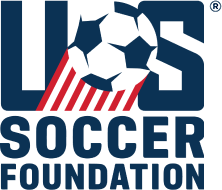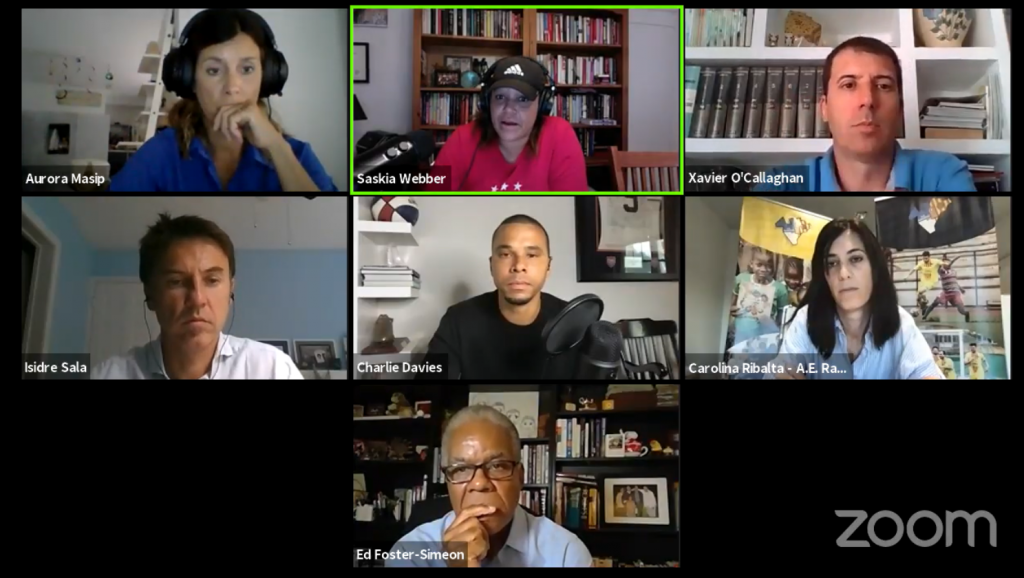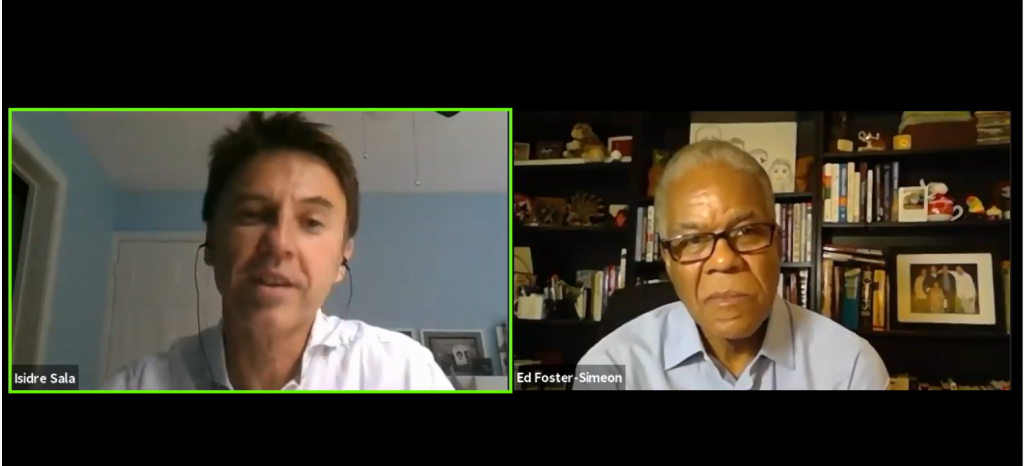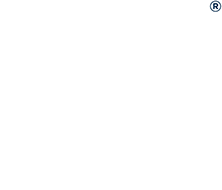

Donate so kids have a place to belong.
A little soccer can make a big difference in kids' futures. With only a few dollars, you can be the difference maker in millions of kids' lives.
Tackling Systemic Racism Through Soccer: A thoughtful and forward-thinking conversation with sports leaders from both the United States and Catalonia
To continue important conversations about using sports for social change, the U.S. Soccer Foundation participated in a virtual conversation hosted by the Delegation of Catalonia to the U.S. The online event focused on how sports can play a decisive role in replacing racism and prejudice with tolerance and inclusiveness.
The panel was moderated by Aurora Masip, Journalist and Catalan Blood and Tissue Bank Communications Director and former Government of Catalonia spokesperson. Masip was joined by panelists Isidre Sala, Delegate of the Government of Catalonia to the USA; Ed Foster-Simeon, President & CEO, U.S. Soccer Foundation; Xavier O’Callaghan, Managing Director, Americas, FC Barcelona; U.S. Soccer Foundation ambassadors and former U.S. National Team players Saskia Webber and Charlie Davies; and Carolina Ribalta, Director of Communications, AE Ramassa, African Youth Initiative Network.
Sala kicked off the virtual event with a passionate delivery about the need to share the same values of tolerance and equality. “Sports have a great opportunity to provide a positive message of tolerance and respect,” he said, adding that among sports, soccer is the most common. “Sport has the power to change the world. Real equality among all human beings – once and for all.”
During his opening remarks, Foster-Simeon said, “This is a sad time but also a hopeful time – a great awakening of these issues. Sport is a powerful vehicle for social change.” He also cited a Nelson Mandela quote, “Sport has the power to change the world. It has the power to unite people in a way that little does…It is more powerful than governments in breaking down racial barriers.” He added, “We believe that nothing is more powerful than youth sports to drive social change. I’m excited about this time and we all have an important role to play. Youth sports create a healthier and a more equitable world.”
The panel discussion touched on a variety of perspectives. O’Callaghan, for example, spoke about FC Barcelona’s approach to tackling inequities through their foundation and on the club level. O’Callaghan echoed Foster-Simeon in saying that sport is a powerful tool to integrate people. “Our Foundation in New York is in 16 schools – and we foster the integration of kids from different communities. We create bonds among kids and we can see the impact of our effort.”
Attendees then watched a video from Ricky Rubio, NBA player for the Phoenix Suns. “It’s time,” he said. “It’s been enough. Racism has been long enough in our life and it is time to speak up. Work as one and things will get better. It’s time.”
The conversation continued with the perspective another professional athlete as Masip introduced Saskia Webber, who experienced many instances of racism firsthand. “I never experienced racism among the players and coaches, but I did experience it from fans and others. We have to speak out. We have to let people know what we have gone through. Enough is enough. The way we change it is to talk about it.” She also added, “Don’t assume your children will figure it out. You have to have that open dialogue.”

Ribalta also stressed the importance of having these conversations with young people and creating an inclusive environment in sports. She spoke about the power of soccer and how her organization is on a mission to make it accessible to everyone. “In the field, everyone is equal,” she said. “Take advantage of youth innocence. The sport stresses equality. Younger kids understand that we are all equal.”
Masip then introduced a video from Aracelli Segarra, the first Catalan woman to climb Mt. Everest. “A mountain doesn’t judge, it doesn’t get easier or harder,” said Segarra as she spoke of her climb. “When you’re in trouble and see a hand coming up to help you, do you care about the color of that hand? Why can’t we do this in our everyday life? Mountains don’t judge. Mother Nature loves us all equally.”
Davies talked about the moment in 1994 when he developed a passion for the sport: “When I saw the power of unity, the passion – I knew it was for me!” He also agreed that racism is a global problem. “When we see racism, there needs to be proper sanctions, fees, fines – show your support and stand against racism,” he said. And most importantly, he encouraged everyone to speak up: “Educate, educate, speak out. If you hear it, see it, then stop it.”
To wrap up the discussion, Sala and Foster-Simeon talked about young people and their ability to drive positive social change.

Sala added, “We have to fight for equality. Young people have the power to change. Young people, if they get the right messages when they are young, they will probably act in the right way when they are old.”
“Sport is unique because it’s a place where people come together, to support a team, community, each other,” Foster-Simeon said. “Getting comfortable with saying uncomfortable things – that’s how things will change.”
To watch the event in full, visit this link.
